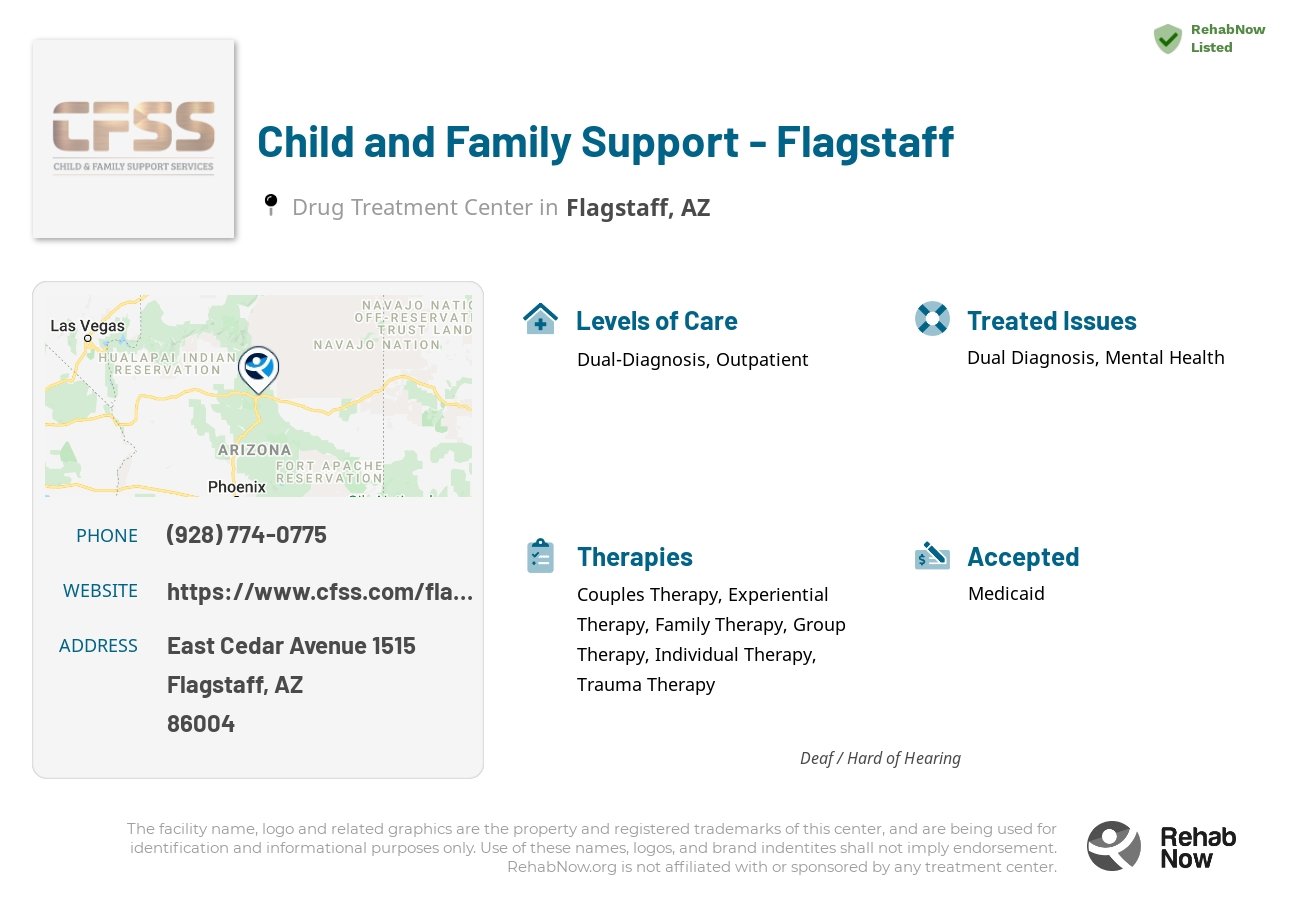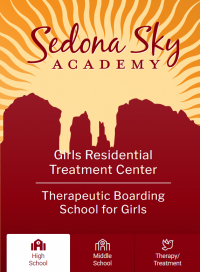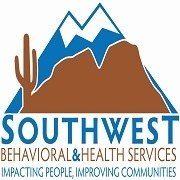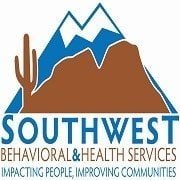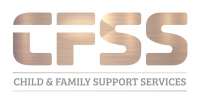
Child and Family Support - Flagstaff
Drug Rehab Center in Flagstaff, Arizona
- Mental Health
- Dual Diagnosis
Child and Family Support Flagstaff is a mental health and substance abuse treatment facility located in Flagstaff, Arizona which accepts private health insurance and offers personalized treatment plans, couples and family therapy, experiential therapy, group and individual therapy, residential long-term treatment, and education and support for clients and families.
About Child and Family Support - Flagstaff in Arizona
Child and Family Support Flagstaff is a mental health and substance abuse treatment facility located in Flagstaff, Arizona. They specialize in dual diagnosis, mental health, drug and alcohol abuse, and substance abuse, offering assessments and outpatient treatment. Their program includes couples and family therapy, experiential therapy, group therapy, individual therapy, trauma therapy, dual diagnosis and cognitive behavioral therapy. Additionally, they offer residential long-term treatment and provide services for individuals, couples, families and groups.
At Child and Family Support Flagstaff, they accept private health insurance and work one-on-one with each client to create a personalized treatment plan. They strive to provide a safe and welcoming environment so each client can receive the best care possible. In addition to therapy, they also provide education and support to their clients and their families. Every client is different, and the team at Child and Family Support Flagstaff works hard to ensure each person receives the highest quality of care.
Genders
Ages
Modality
Additional
Conditions and Issues Treated
A “dual diagnosis” is when the individual has two medical issues at the same time. The top co-occurring mental disorders with addiction are depression, anxiety, ADHD, bi-polar disorder. Addiction is also considered a mental illness that is not a choice but rather a medical condition. Addiction can be caused by any number of underlying issues.
Dual diagnosis is provided by Child and Family Support - Flagstaff to treat addictive tendencies as well as any untreated mental illnesses. This ensures successful long term health and recovery for patients after treatment has been completed.
Dual diagnosis is provided by Child and Family Support - Flagstaff to treat addictive tendencies as well as any untreated mental illnesses for people in Arizona. This ensures successful long term health and recovery for patients after treatment has been completed.Levels of Care Offered
This center offers a variety of custom treatment tailored to individual recovery. Currently available are Dual-Diagnosis, Outpatient, with additional therapies available as listed below.
Outpatient programs at Child and Family Support - Flagstaff, the Flagstaff resident can live with their family while continuing with their job or studies. Treatment includes educating the patient on drug abuse, medications, and counseling sessions at the individual or group level. Outpatient treatment plans cover diagnosis, detoxification, management, and counseling. They are a popular option for those who have graduated from inpatient facilities.
Therapies & Programs
Individual therapy is a form of counseling where you meet with a trained professional one-on-one. Meeting with a therapist in this setting allows for a personal and trusting relationship to be built. This allows the patient to open up about sensitive or private issues they may not feel comfortable discussing in a group. Individual therapy helps identify the root causes of your addiction, which can help prevent relapse.
Couples therapy for drug addiction is a unique form of therapy that allows family members to work through the emotional issues of their loved one’s addiction together. Family members can support each other while learning how to cope with the addiction and encourage healthy changes. The two will work with a therapist to learn how the addiction affects themselves and the relationship.
Family therapy is often done alongside drug treatment to help addicts stay sober. The goal of family therapy for drug addiction is to create an environment where communication can happen without judgment, hostility, or blame. The therapist will sit with the family so they can learn how to communicate differently and provide new tools for dealing with emotions so that people don’t want to drink or do drugs. It’s important for families to focus on relapse prevention plans during treatment so that if the addict feels like they want to use again, they’ll know what steps they need to take together to prevent it from happening again in the future.
Group therapy sessions are another common addiction recovery service. These group sessions typically involve six to 12 addicts who meet regularly with a trained professional for support and guidance.
During these sessions, the group shares their experiences with one another and provides feedback that can help each member avoid relapse or overcome specific obstacles they are facing in their recovery process. With this type of support and guidance, addicts can feel like they are part of a community that understands their struggles and will help them get through the hard times.
Many people struggling with drug addiction have experienced some form of trauma in their lives. It is crucial that these individuals seek out professional help; otherwise, their drug abuse and addiction will likely continue.
Therapists and counselors at drug treatment centers employ several treatment programs to help people struggling with drug addiction, including trauma therapy. Trauma therapy helps people dealing with addiction by allowing them to confront the traumas of their past and move past them.
It is important to note that trauma therapy should not be confused with PTSD (post-traumatic stress disorder). Rather, it is used to treat the effects of trauma, which are often at the root of addiction.
Cognitive Behavioral Therapy (CBT) focuses on the underlying thoughts and behaviors that caused the problem of addiction in the first place and may cause a relapse. Negative feelings are common in drug abuse disorders, but they can lead to co-occurring disorders if not recognized. CBT involves strategies that help to change the behavior pattern by restructuring negative thoughts into positive ones. It helps to remove these feelings, and it provides long-term benefits. Also, CBT promotes self-awareness and self-control. It can be administered as a monotherapy or as part of combination therapy.
CBT can improve the patient’s mood, reduce drug cravings and boost success rates on treatment plans. Regular practice can help individuals handle negative attitudes, thoughts, and feelings without turning to drugs or alcohol. The core belief of Cognitive Behavioral Therapy (CBT) is that one’s moods, behaviors, and actions are all connected. Individuals can improve their quality of life using CBT. It helps addicts understand the patterns of thought and feelings that cause them to use drugs or alcohol and develop a healthy response.
Patient Experience
Experiential Therapy at Child and Family Support - Flagstaff
Drug addiction causes the formation of abnormal connections between neurons in the brain to form due to repeated exposure to drugs. These connections are responsible for addictive behaviors to drugs. Experiential therapy is done with patients individually and is different from traditional talk therapy. This therapy can help people revisit past traumas, heal, and move on in life in a more authentic way.
Experiential therapy uses activities to recreate experiences that may have caused trauma or negative emotions. These activities include role-playing, arts and crafts, animal care, music, or rock climbing. The individual will gradually experience calmness and love and change their perception positively through this therapy. Other than drug addiction, experiential therapy can be helpful for behavioral or eating disorders.
Payment Options Accepted
For specific insurance or payment methods please contact us.
Child and Family Support Associated Centers
Discover treatment facilities under the same provider.
Learn More About Child and Family Support Centers
Additional Details
Specifics, location, and helpful extra information.
Flagstaff, Arizona 86004 Phone Number(928) 774-0775 Meta DetailsUpdated November 25, 2023
Staff Verified
Child and Family Support - Flagstaff Patient Reviews
There are no reviews yet. Be the first one to write one.
Flagstaff, Arizona Addiction Information
Arizona has some of the highest rates of prescription drug abuse in the United States. Methamphetamines, heroin and morphine are among the most commonly abused substances. Prescription pain relievers were prescribed to 348 million people in 2012, enough to medicate every adult in Arizona for 2 full weeks. The number of people with substance use disorders in Arizona has remained relatively constant over the past few years.
Flagstaff, AZ is known for its high rate of drug abuse. More than 15 percent of Flagstaff residents use drugs illegally. The most commonly abused drugs are marijuana, methamphetamine, and prescription drugs. More males use illicit drugs than females, with a ratio of about 3 to 1. The drug treatment process in Flagstaff, AZ can depend on the person's needs. In general, drug rehab will involve detoxification, counseling, and aftercare planning.
Treatment in Nearby Cities
- Fort Defiance, AZ (147.9 mi.)
- Anthem, AZ (98.0 mi.)
- Arizona City, AZ (170.3 mi.)
- Las Vegas, AZ (211.8 mi.)
- Scottsdale, AZ (120.5 mi.)
Centers near Child and Family Support - Flagstaff
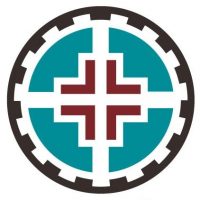

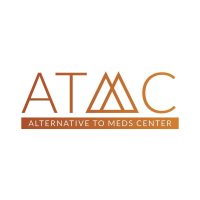
The facility name, logo and brand are the property and registered trademarks of Child and Family Support - Flagstaff, and are being used for identification and informational purposes only. Use of these names, logos and brands shall not imply endorsement. RehabNow.org is not affiliated with or sponsored by Child and Family Support - Flagstaff.

